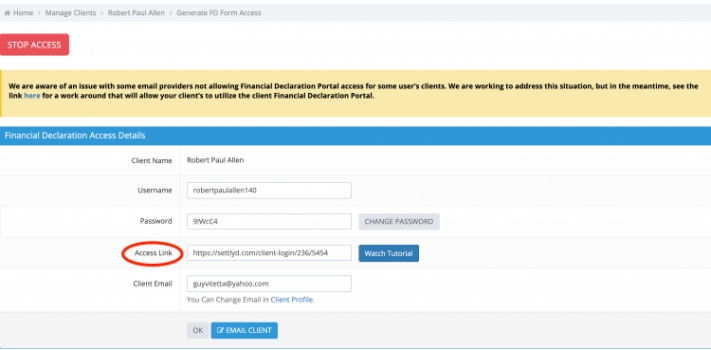
Can a mandatory arbitration clause in a contract shorten the statutory period for making a claim?

This issue was addressed by South Carolina Supreme Court today in a contract dispute arising from Richland County in the matter of Huskins, Huskins v Mungo Homes. Plaintiff's had sued Mungo Homes regarding a home purchase. They had signed a standard "take it or leave it" contract of sale (an adhesion contract) that contained the following provision:
Each and every demand for arbitration shall be made within ninety (90) days after the claim, dispute or other matter in question has arisen, except that any claim, dispute or matter in question not asserted within said time periods shall be deemed waived and forever barred.
The Court of Appeals held the 90 day requirement could be severed from the contract and ordered arbitration.
The Supreme Court reversed and found the entire arbitration clause in the contract to be unenforceable for several good reasons. First there was no severability clause in the contract, and that given the nature of the adhesion contract, neither party intended that any part of the contract be severable. This put it in clear violation of SC Code Section 15-3-140 that states:
No clause, provision or agreement in any contract of whatsoever nature, verbal or written, whereby it is agreed that either party shall be barred from bringing suit upon any cause of action arising out of the contract if not brought within a period less than the time prescribed by the statute of limitations...
Next, relying on Pigot's Case, 77 ER 1177, 1179 (1614); id. at 1179, n. (c), United States v. Bradley, 35 U.S. 343, 360–63 (1836), and the Restatement (Second) of Contracts § 184 (1981), the court found that the arbitration provision shortening time in an adhesion contract actually operated to reduce the number of claims made against them. This was directly opposed to the intent of arbitration, which is to streamline the resolution of claims, not eliminate them by calling time! "...[I]t was a brash push to accomplish through arbitration something our statutory law forbids."
Finally, the court stated that public policy demanded that the contract provision limiting claims be held to be unenforceable as "[w]e have been steadfast in protecting home buyers from unscrupuolous (sic) and overreaching terms, and applying severance here would erode that laudable public policy."
This is a clear win for consumers!
Guy Vitetta
Charleston South Carolina




